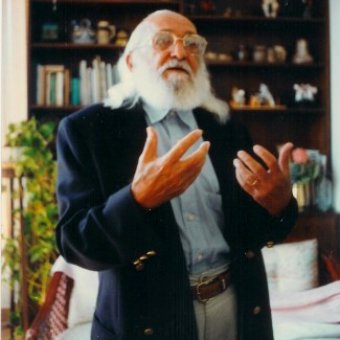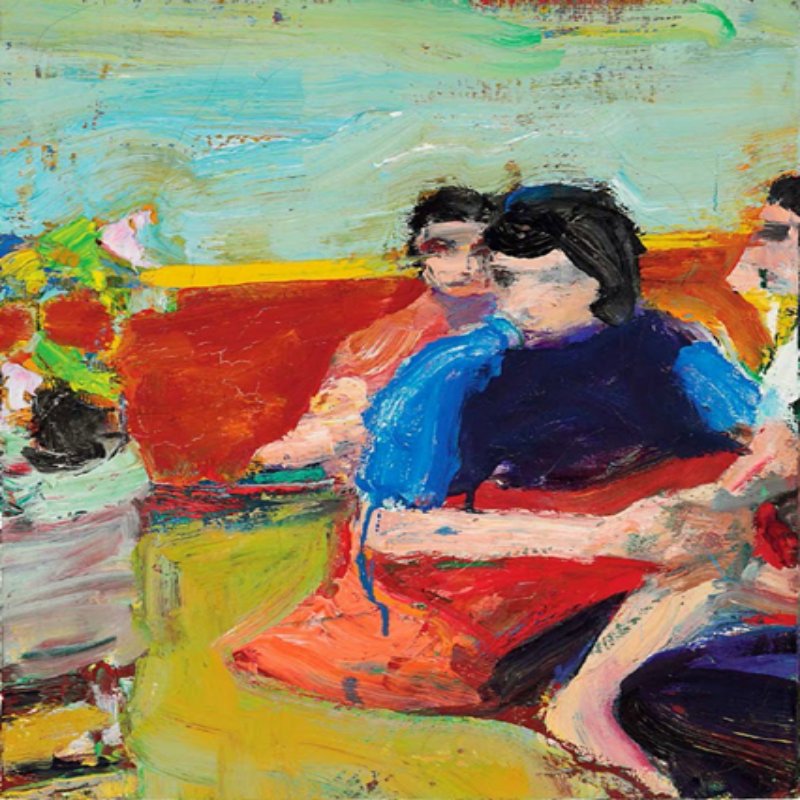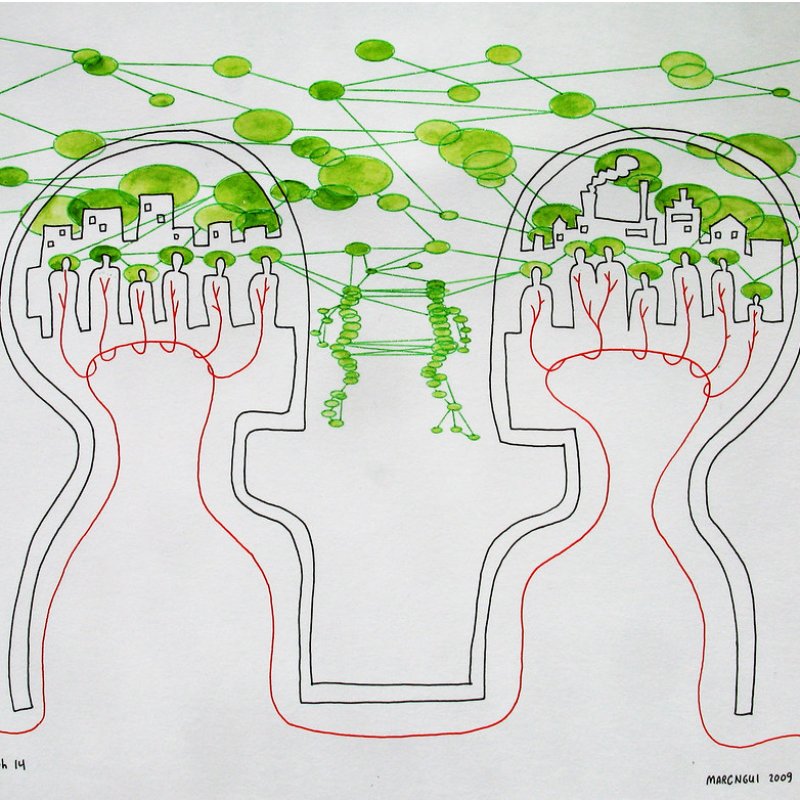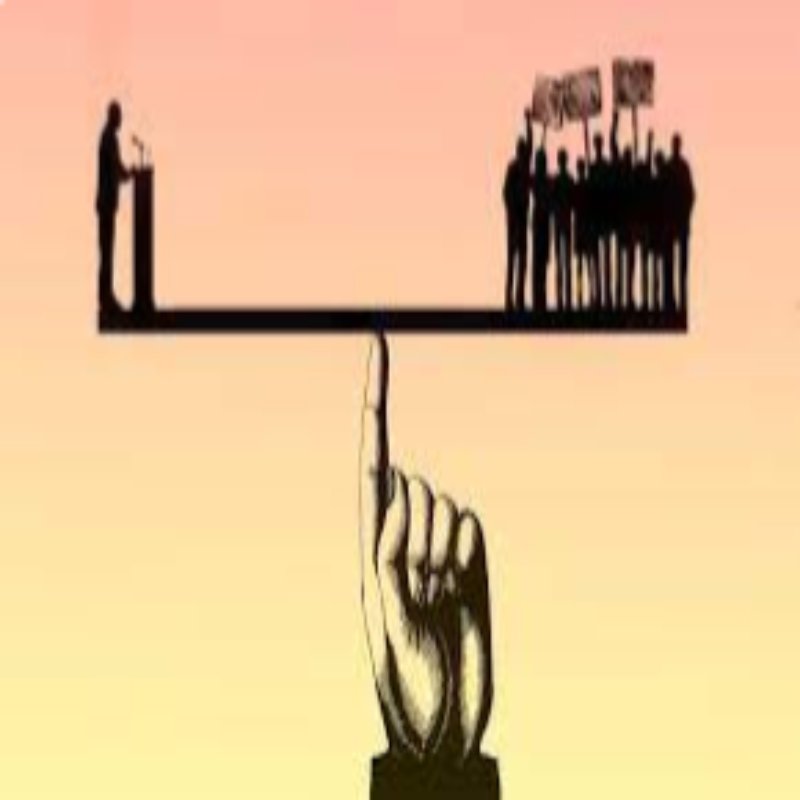Fall
“Freiere in First Grade: The Theory of Critical Recognition as a Tool for Combatting Cyclical Poverty in Childhood Education”
by Emma Fee

Abstract: The ways in which the critical theory of recognition operates within communities experiencing poverty reinforces the material and mental conditions for that situation of poverty. In order to combat cyclical poverty, Paolo Friere's methodology introduced in Pedagogy of the Oppressed should be utilized in childhood educational settings in order to critically recognize children so that they can be encouraged from an early age to develop those same skills to critically recognize themselves, their situations, and their communities. This process of encouraging recognition and reinforcing positive conceptions of self and others could be a critical tool in breaking cycles of poverty.
“Constructing the Counter Hegemonic; A Discursive Alternative”
by Paul Pelham

Abstract: This project examines the constitutive role of language and rhetoric in the organization of discursive regimes. These regimes create the conditions for political possibility and largely determine the character of accepted ideational models. These models, to the extent that they map onto a particular ideological paradigm, stabilize and continue the effect of that ideology when they are able to dictate the performance of one's identity. When that performance transgresses against the expectations of a given regime, it is often sanctioned. The current hegemonic order of neoliberalism, in the context of American politics, negates the possibility of realizing a political economic alternative. It seems, now more than ever,.
Spring
“User Interface and User Action: The Morality of Persuasive Technology”
by Christopher Williams

Abstract: Persuasive technology, technology created for changing users’ attitudes and behaviors, has taken over the digital space with online manipulation. Dark techniques within persuasive technology seek to influence users’ autonomy through attitude formation. Technology users commonly approach the computer as a tool, rather the digital environment has become an agent that seduces and manipulates the user. The digital environment has moved away from being a tool-based environment for assisting users, towards being an addictive, and manipulative technological environment. Persuasive technology effect users’ choice architecture within the digital environment through user interfaces and user action using techniques such as Nudging, Queuing, interface design and Push Notifications to engage in undue influence upon the user. Corporation immorally are using this technology to steer users’ behavior towards actions that generate profit. The individual is sacrificed within the development of these technologies as user data is mined through various techniques. Persuasive technology has moral implication on Privacy, Accuracy, Property, and Accessibility as for the technology to be strong and efficient it must collect users’ data and use this data to develop and continue the development of dark techniques within persuasive technology. The user has little to no understanding of how their data is being used and sold to create psychological tags to better map users’ behavior. Lastly, authors Kozyreva, Lewandowsky, Hertwig outline four important entry points for digital change regulation, technology, education, and psychology.
“Freedom Within Convention: A Comparative Analysis of the Zhuangzi and A Thousand Plateaus”
by Giacomo Coppola

Abstract: The Zhuangzi, a foundational text in Classical Chinese philosophy, presents a notion of ideal humanity that involves a seemingly paradoxical relationship between a liberated existence and the barriers that restrict it. To achieve ideal humanity, one must confront the boundaries and attachments that have coalesced into a web of socio-physical conventions and developed dominion over human thought and action. This paper aims at shedding some light on this tension by offering a comparative analysis of the Zhuangzi and A Thousand Plateaus by Gilles Deleuze and Felix Guattari in terms of their conceptions of ideal humanity. While an abundance of time and different philosophical traditions separate these two texts, they share a relational ontology and similar concerns regarding the meaning and praxis of human freedom. These similarities allow for a cooperative understanding of ideal humanity in both texts without ideologically reducing them nor losing sight of the distinct and unique essence of each work. While the Zhuangzi provides a comprehensive reflection on the variability of constraints and conventions that delimit human freedom, A Thousand Plateaus illuminates the nature of this freedom using particular embodiments of the ideal person. Throughout the comparative analysis of both works, I will offer a framework for grasping the paradox of detached existence within a world of lively entanglements.
“The Timeless Dilemma of Emergency Powers”
by Julia Gokalp

Abstract: In response to the onset of the covid-19 pandemic, governments at various levels invoked emergency powers in order to combat this new threat. These measures, especially due to their constitutionally questionable limitations on individual liberties, were controversial, for although the threat of the virus was new, discussions over the rightful use of emergency powers was not. What resurfaced was a centuries-old and unresolved question: what constitutes an emergency, and when, if ever, is a government justified in suspending the liberties of its citizens and acting outside the bounds of its own rules? Granting a government too much freedom to act in an emergency can lead–and has led–to flagrant abuses of power, while powers that are too narrow can immobilize a government in times of crisis when its citizens need its assistance. In my thesis, I use historical, legal, philosophical, and political perspectives to address this seemingly unresolvable tension and arrive at a solution that balances the ability of a government to protect its citizens and the citizens’ protection from their government.